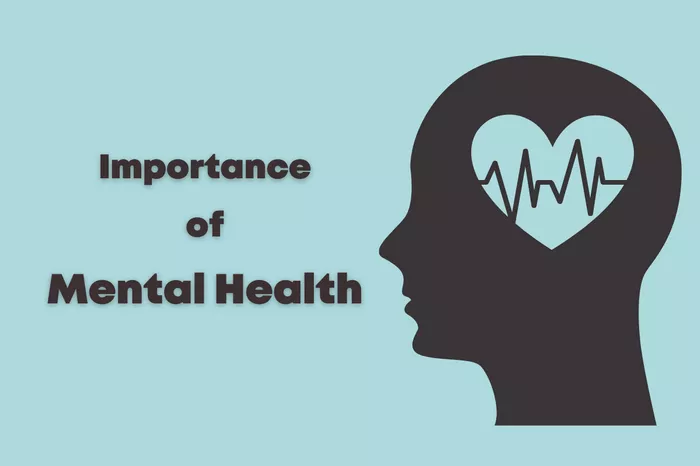A new generation of AI-powered mental health apps is dramatically improving life for people with bipolar disorder, reducing hospitalizations by 35% according to a Johns Hopkins study. These digital tools analyze voice patterns, typing speed, sleep data and social media activity to detect mood episode precursors with 85% accuracy—often before patients themselves notice changes.
Luminary, the leading app in this space, uses machine learning to establish individual baselines, then alerts users and clinicians when patterns suggest impending depression or mania. “It caught my manic episode three days before I realized anything was wrong,” shares teacher David Morales, who avoided hospitalization thanks to early intervention. The app’s medication tracker and circadian rhythm analysis help stabilize the biological disruptions central to bipolar disorder.
These technologies address a critical gap in bipolar care—the lag between symptom onset and clinical recognition. Traditional mood charting relies on patient recall, which becomes unreliable during episodes. By contrast, passive data collection provides objective, real-time insights. Some apps now integrate with smartwatches to monitor physiological markers like heart rate variability, a known indicator of mood state transitions.
Despite their promise, challenges remain. Data privacy concerns persist, and the $20-$50 monthly cost puts these tools out of reach for many. However, with studies showing 60% better medication adherence and 50% fewer severe episodes among users, insurers are beginning to cover these digital therapeutics.
As AI becomes more sophisticated, we may see apps that not only predict episodes but suggest personalized interventions—ushering in a new era of precision psychiatry for bipolar disorder.


